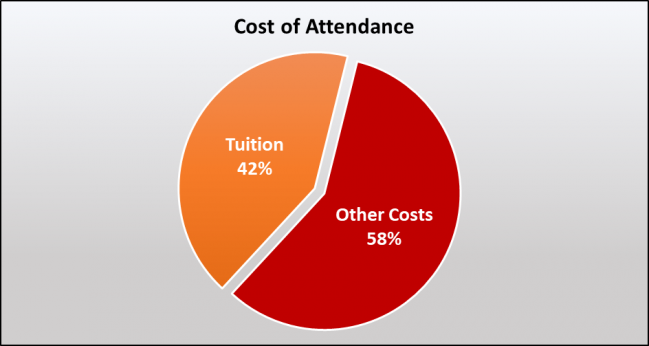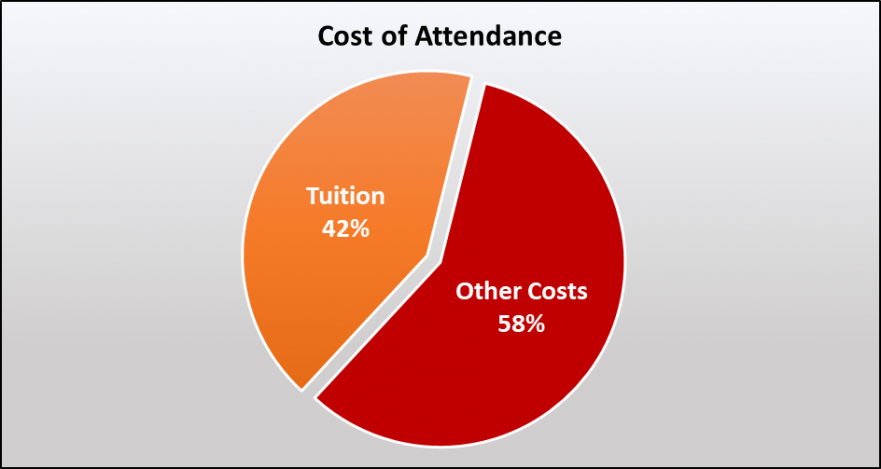
“Free college” is not as it sounds.
Headlines rarely tell the whole story. This is true of newspapers, press releases from public agencies, and all forms of social media. There are currently practices being sold as “free college” that might better be described as methods of assuring that students with family wealth continue to enjoy ample advantages over those without.
In Missouri, consider the state’s A+ Scholarship (see A+ Scholarship Program) . This program promises that students who have graduated from high school with good attendance, no disciplinary infractions, a satisfactory GPA, and a record of community service may attend community college tuition-free. Read further. Students are barred from the program for any disciplinary infractions, without regard to whether such school policies are unevenly or unfairly enforced. Further, Missouri high school graduates who have met all the criteria but are undocumented are ineligible. Students living in rural areas without a community college may qualify but have no practical way to use the benefit they have earned.
And perhaps the biggest flaw with A+ is that low-income students who qualify for federal need-based aid must first spend that aid before the A+ scholarship is applied. A federal Pell Grant, awarded to students with greatest financial need, covers the cost of tuition at community college (and the state of Missouri then contributes nothing to the neediest students attending community college). Students are spending down their federal eligibility and often reducing the chances they will complete a degree, unwittingly expending precious need-based aid on classes with limited or no transferability to four-year schools. Recent efforts to investigate the matter (see Little Aid Going to Those Needing it the Most and Changes Needed in A+ Scholarship Program) and to legislate changes to the program (see Bi-partisan HB498 ) have been ineffective. Missouri lawmakers are just too loyal to the underlying concept that “free” is limited to those entitled by place of birth or residence, and by position of economic privilege.
Scholarships at state institutions, including the Missouri Land Grant (see MU Land Grant Award) at University of Missouri and the new Will to Do Award at Southeast Missouri State (see Southeast Will to Do), quickly grab headlines but actually change very little about allocation of resources in the process. Instead, these programs perpetuate inequity by limiting need-based awards to tuition only. At Mizzou, tuition is just 42% of total cost of attendance. While promising free tuition to students who qualify for Pell grants, they neglect to address the traditional “cost of attendance” used in financial aid (and that typically includes costs of room, board, books, and transportation). In many cases, students are not eligible to borrow the vast sum required to cover the difference. In most cases, they are expected to borrow too much.
States like New Mexico are announcing themselves as taking “bold” moves to make all public college “free” (see New Mexico Opportunity Scholarship). In the process, by accounting only for tuition and by the silent spending down of need-based federal dollars, they are changing little to nothing for students from households too far from a campus to commute and those who have no one in their lives to pay for housing, food and transportation.
Don’t fall for the headline. “Free tuition” is not a favor if you then find yourself hungry, homeless, or unable to physically get to class.
– Faith Sandler


